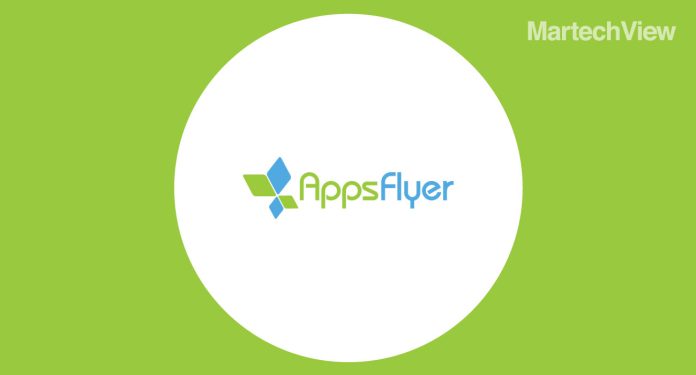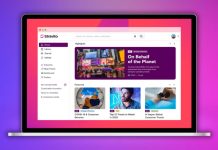Discover how AppsFlyer’s Privacy Sandbox on Android integration is revolutionizing mobile marketing. Learn about the benefits and how it can help you navigate the changing privacy landscape.
AppsFlyer, the global leader in marketing measurement, attribution, and data analytics, has announced the phased global launch of its Privacy Sandbox on Android integration. Developed with close engagement from the Android Sandbox team at Google, AppsFlyer’s Sandbox Attribution Reporting API dashboard is among the first to reach the market, offering marketers comprehensive, privacy-compliant analytics. The integration and pioneering technology set a new standard in the industry and is now available for select brands to test.
The much-anticipated rollout of the Privacy Sandbox on Android, following on the heels of the web-based Chrome Privacy Sandbox, is introducing APIs and solutions for advertising and marketing technology companies to provide personalized advertising without relying on user or device IDs. Marketers can now measure app installs in AppsFlyer’s platform based on Privacy Sandbox on Android’s Attribution Reporting API. They will gradually be able to leverage AppsFlyer’s expertise to adapt their Android marketing strategies effectively – optimizing ad spend, maintaining precise ad measurement, audience activation, and retargeting without compromising user privacy.
Also Read: AI’s Content Conundrum: Fake, Fast, and Dangerous
“In today’s privacy-centric landscape, navigating the Privacy Sandbox on Android or other frameworks can be extremely challenging for marketers,” said Roy Yanai, AVP Product, Measurement at AppsFlyer. “Google’s approach to building the Privacy Sandbox has been a breath of fresh air, as they have sought out input from all across the industry to develop a framework that will be a long-term solution. AppsFlyer takes our role as a connector for the ecosystem seriously, and building this infrastructure alongside our partners is a great example of how we can all work together to improve the experiences of marketers. The phased launch integration provides user-friendly solutions that synthesize the process, empowering marketers to scale their campaigns and achieve their goals.”
Adopting the Privacy Sandbox on Android will offer marketers solutions to address the challenges of signal loss due to any changes to the availability of GAIDs. It will also resolve issues related to limited data access, which cause time-consuming and complex manual integrations and inconsistencies in campaign performance metrics due to fragmented data from various networks. AppsFlyer’s intuitive solutions help solve these challenges by enabling scalable and effective marketing without data discrepancies and the ability to seamlessly integrate with more than 10,000 tech and media partners.
“We’re excited to see AppsFlyer and Unity Ads developing solutions using Privacy Sandbox on Android and look forward to continuing to collaborate with their teams and other organizations as part of an ecosystem-wide collaboration,” said Jolyn Yao, Head of Measurement Products at Privacy Sandbox at Google.
AppsFlyer has partnered with Unity Ads, a leading platform for mobile game monetization and user acquisition, to create a seamless attribution flow for advertisers and ad platforms. As the design partner for AppsFlyer’s Sandbox Integration, Unity Ads will be the first ad network to collaborate with AppsFlyer as it works to give its customers an understanding of ad measurement based on the Sandbox attribution results. The continued focus on developing a strong, integrated ecosystem will enable marketers and mutual customers of the two companies to understand and navigate this new framework and its benefits.
Also Read: Why Marketers Should Lead the Generative AI Revolution
“As the privacy ecosystem continues to evolve with Google’s Privacy Sandbox, we are happy to partner with Google and AppsFlyer to ensure advertisers are prepared for the changes to come,” said Oren Hod, Senior Director of Product, Advertiser Experience at Unity. “Our goal is to ensure advertisers stay ahead of the changes and maximize their user acquisition performance leveraging the Google Privacy Sandbox.”










